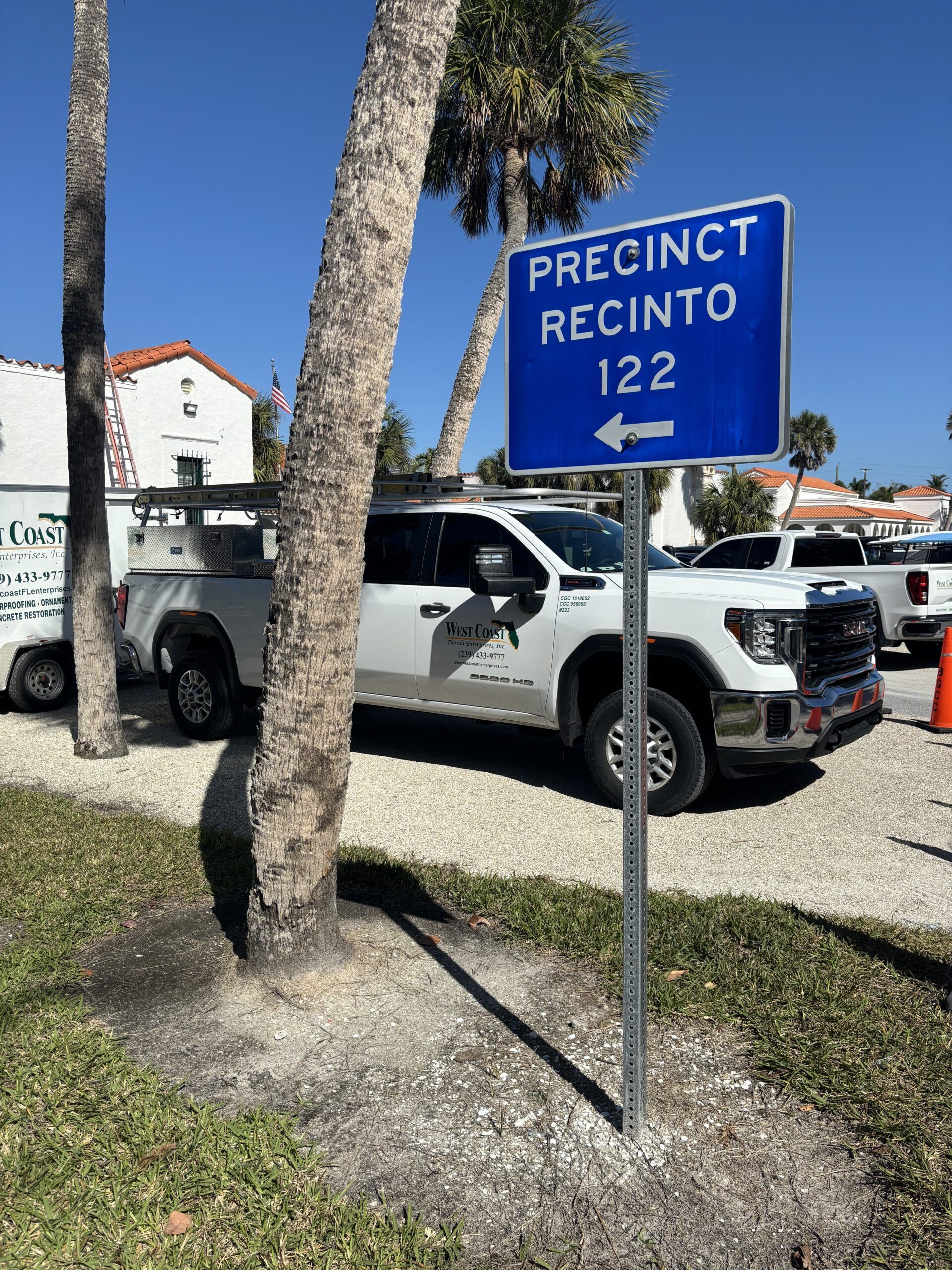On the Ballot: Looking at the first two proposed State Constitutional Amendments

In Florida, November’s general election will include six state constitutional amendments — changes to the laws included in the State Constitution. Four of these amendments were approved to be on the ballot through a process involving approval by the State Legislature. The other two amendments qualified through a process initiated by individuals or groups other than the legislature.
The Boca Beacon will provide readers with information on various issues and races throughout the remainder of the election season.This week the focus is on Amendments 1 and 2, both of which were referred to the ballot by the Legislature. The primary source for this information is Ballotpedia, a nonpartisan online encyclopedia of politics. Readers are encouraged to add to this information with their own research.
Amendment 1
Ballot text:
PARTISAN ELECTION OF MEMBERS OF DISTRICT SCHOOL BOARDS — Proposing amendments to the State Constitution to require members of a district school board to be elected in a partisan election rather than a nonpartisan election, and to specify that the amendment only applies to elections held on or after the November 2026 general election. However, partisan primary elections may occur before the 2026 general election for purposes of nominating political party candidates to that office for placement on the 2026 general election ballot.
A “yes” vote supports making school board elections partisan, beginning in the November 2026 general election and for primary elections nominating party candidates for the 2026 election.
A “no” vote opposes making school board elections partisan. A “no” vote would keep the law as it is now, maintaining these positions as nonpartisan.
If the amendment passes, starting in 2026 candidates would be nominated for the general election through partisan primaries, and be labeled with their party on the ballot. Only registered members of the political party could vote for the candidate in the primaries, since Florida is a “closed primary” state. All voters would be able to vote for the party’s candidate in the general election, regardless of their party affiliation.
Prior to 1998, Florida had partisan school board elections. That was changed by voters in 1998, when Amendment 11 was passed, making the positions nonpartisan. It was the Florida Constitution Revision Commission that had recommended the change at that time.
School board members in Florida are elected by the voters of the county and serve four-year terms. The school board controls school property, establishes, organizes, and operates the schools of the district. This includes establishing schools, adopting enrollment plans, providing for school elimination and consolidation, cooperating with school boards of adjoining districts in maintaining schools, maintaining the school year schedule, and other duties as outlined in Florida law.
Florida is one of 41 states with state laws providing for nonpartisan school board elections. State laws of four states provide for partisan school board elections. Some commentators have said the schools should stay out of partisan politics, with the children being the primary motivation for decisions. Others say partisanship is already present, whether or not the labels are used, and it is a matter of transparency to elect school board members by their party affiliation.
Amendment 2
Ballot text:
RIGHT TO FISH AND HUNT – Proposing an amendment to the State Constitution to preserve forever fishing and hunting, including by the use of traditional methods, as a public right and preferred means of responsibly managing and controlling fish and wildlife. It specifies that the amendment does not limit the authority granted to the Fish and Wildlife Conservation Commission under Section 9 of Article IV of the State Constitution.
A “yes” vote supports establishing a constitutional right to hunt and fish in Florida.
A “no” vote opposes establishing a constitutional right to hunt and fish in Florida.
The ballot measure would provide a state constitutional right to hunt and fish, and declare that hunting and fishing are the preferred means for “responsibly managing and controlling fish and wildlife” and “shall be preserved forever as a public right.” The amendment would not limit the Fish and Wildlife Conservation Commission’s constitutional powers under Article IV, Section 9.
As of 2023, a total of 23 states had constitutional provisions that protected the right to hunt and fish. This right was first constitutionalized in Vermont in 1777, with 22 additional states following suit starting with Alabama in 1996. The most recent state to adopt such an amendment was Utah, where it was approved by 75 percent of voters in 2020.
There are two major organizations providing information on this amendment They are “Yes on 2” and “No to 2.”
Yes on 2 claims that hunting and fishing bans were considered in at least a dozen states in 2022. So far, 23 states have passed a Constitutional Right to Fish and Hunt amendment. Florida is not yet one of those states. Amendment 2 definitively protects the right to fish and hunt in the State of Florida. The concern is that other interests may attempt to limit hunting and fishing, so this amendment is necessary.
No to 2 claims that the amendment is a threat to wildlife, and that concerns about wildlife preservation and environmental protection may require some limitations on fishing and hunting. Some such limitations are already in place, and new ones may need to be added in the future. The provision of the amendment regarding the powers of the Fish and Wildife Commission may not be definitive enough to satisfy those who oppose this amendment.
Next week: Amendment 3 – Legalize the recreational or personal use of marijuana; and Amendment 4 – Provide for a state constitutional right to abortion before fetal viability.









